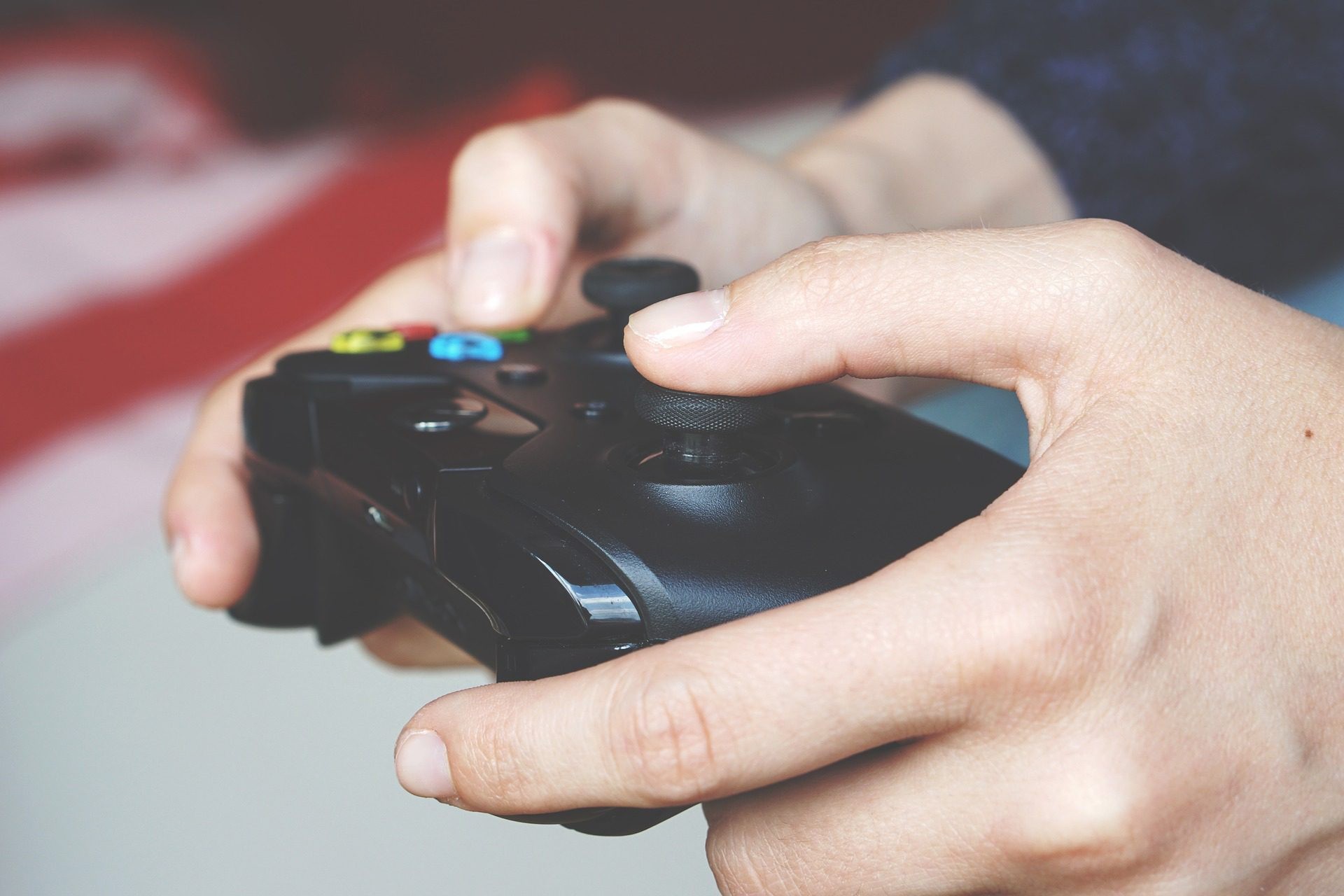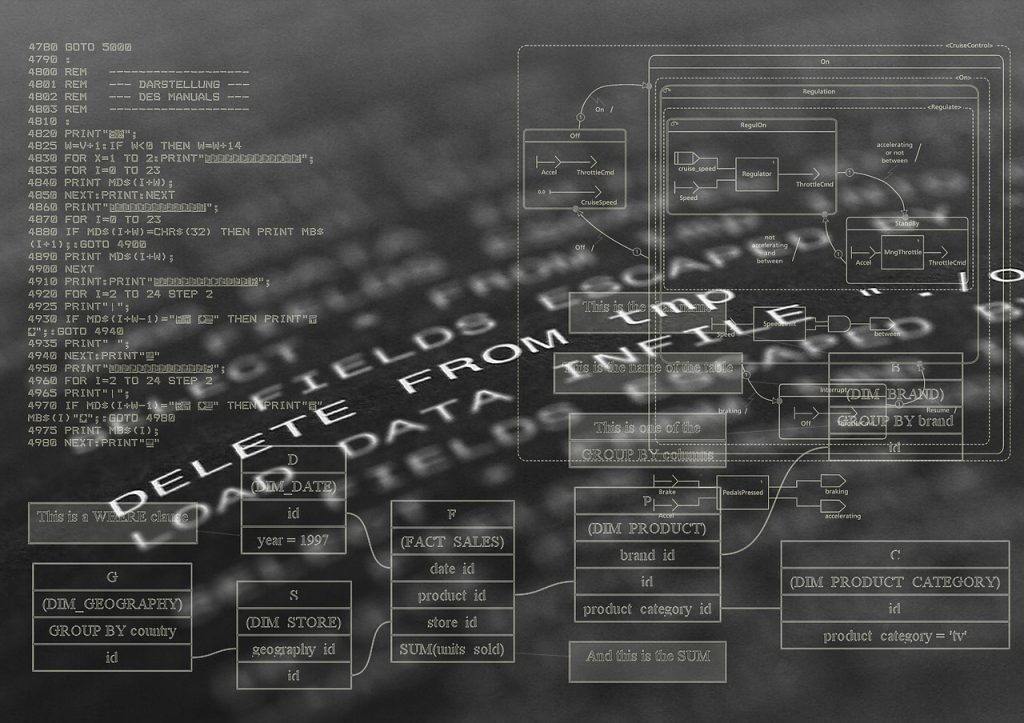
The right to withdrawal in video games
The right of withdrawal is guaranteed by the Consumer Protection Code (Law 8.078/1990), a law enacted before the rise of the internet. Therefore, there are questions about the application of the already established right of withdrawal in disruptive cases, such as those involving the purchase of digital products. Since the internet did not exist in 1990, it is clear that digital products were unforeseeable to the authors of the CDC (Consumer Protection Code), which may affect the application of this right in the world of video games.
In its article 49, the CDC defines the right of withdrawal and grants consumers the possibility to withdraw from a product or service contracted outside the commercial establishment within a period of seven days. Withdrawal is a consumer's right: to exercise it, all that is required is for the person to express their withdrawal, cancel the contract, and return the amount paid; no justification is necessary. "Withdrawal" arises from the recognition that the consumer's intent was not expressed absolutely consciously or decisively, or even when the consumer acquires a product and only upon receiving the goods realizes that it does not meet their expectations.
Taking a literal reading of the CDC, the mere fact that purchases made through a video game occur "outside the commercial establishment" would justify the application of the right of withdrawal. Recognizing the complexity of this issue, some gaming platforms have started to outline in their own policies the circumstances in which customers can request refunds ("withdrawal") for their purchases. For all platforms, once a refund request is processed, the user immediately loses access to the refunded items and/or games.
Xbox allows refunds for digitally purchased games if requested within 14 days of purchase, and the player has not accumulated a "significant amount of gameplay time." The policy applies to a range of Xbox products and can be invoked for durable or consumable content via Xbox, PC, or mobile device. Single-use items (consumables and in-game currency), however, are usually refunded only in case of errors.
PlayStation follows similar rules, specifying cases where refund and cancellation requests may or may not be honored. With the same 14-day timeframe for requests, PlayStation explicitly allows the cancellation of single-use items (consumables and in-game currency) purchased through the PlayStation Store as long as the game for which they are intended has not been started after purchase. Generally, consumable purchases that are actually received or acquired directly during gameplay will not be refunded.
Electronic Arts (EA Games) also adheres to the 14-day withdrawal period but provides a 24-hour window for a player to notify their withdrawal after starting the game for the first time after purchase. The complaint period is extended only in cases where EA Games is responsible for technical issues in the game.
Nintendo, however, does not guarantee refunds in its policies, stating that no online purchases will be refunded except as "required by applicable laws." Exchanges and returns of products purchased directly through the My Nintendo store are allowed according to the company's terms, which explicitly prohibit the refund of digital items (including digital games, digital items, and others).
In this context, one must question whether there is a legal requirement in Brazil for the possibility of returning online game purchases (or in-game items). According to doctrine and jurisprudence, the right of withdrawal—which justifies the possibility of returning online purchases—has two independent foundations: informational deficit and reflection deficit. The existence of either one of these justifies the right of withdrawal. Over the years, doctrine has defined the meaning of these two criteria, but their application in the digital world, including in video games, can be complex.
For video games, the informational deficit occurs less frequently, as many games allow access to a preview of the item to be purchased. For example, some games provide a quantity of their virtual currency or allow for demo gameplay from the outset. In this case, everyone has access to the virtual currency (or part of the game) and how it functions from the beginning. Therefore, it is more challenging to demonstrate an informational deficit in subsequent purchases.
At times, in-game items can be tested beforehand, usually in a controlled environment. This practice is similar to what physical stores offer with fitting rooms; the ability to "try out" a digital product before actually acquiring it may mean that the right of withdrawal ceases to exist. Thus, video games have the potential, through a well-designed sales system, to greatly reduce their risks. Therefore, strategies that allow players to effectively understand the digital products they want to acquire create greater security in purchases for the platform itself, as well as ensuring greater player satisfaction.
However, one must still consider a potential reflection deficit in purchases involving video games. In the world of online games, for example, it is common for certain items to be offered in limited time or quantity. Consequently, players are encouraged to quickly acquire goods without much reflection. In these cases, would it be reasonable to assert that external elements impair an individual's reflection? If so, can this external pressure create a deficit that justifies the right of withdrawal?
Another potentially aggravating factor is that some games use mechanisms similar to those of gambling games. In the case of loot boxes, for example, players are encouraged to continue purchasing digital products in an attempt to try their luck and win better items. Without delving into the legality of this practice, it is necessary to caution against possible impulsiveness in players, which could justify consumers' right to withdraw from impulse purchases.
Furthermore, it is not uncommon for the games or applications themselves to pressure the player. Some companies use push notifications, landing pages, in-mail, pop-ups, and other notification features to constantly encourage users to buy new items and take advantage of the latest promotion. The constant use of this communication resembles that of the "persistent salesperson" who repeatedly pesters the buyer until they are convinced, out of fatigue, to purchase the product. The absence of a physical person applying pressure should not negate the abusive nature of this practice.
Finally, it must not be forgotten that for many video games, a portion of the audience consists of children and teenagers. Therefore, extra care must be taken to ensure that lawful advertising and interaction strategies with players do not inadvertently exploit the judgment and experience deficits of younger individuals. In these cases, an analysis of business practices in light of the Child and Adolescent Statute (ECA) is advisable.
Hence, it should be recognized that there is the possibility of applying the right of withdrawal to purchases made in video games, even in cases where the company's purchase policy does not explicitly allow for withdrawal. If the right of withdrawal is applicable, it falls to the gaming market to implement mitigating measures. Specifically, efforts should be directed towards addressing the most common deficit in this market, that of reflection, by examining the factors influencing players' decisions. For each case, it should be analyzed whether there are elements that disturb, even inadvertently, the consumer's reflection in the purchasing process.
[1] Consumer’s right to cancellation: hermeneutical challenge and hard cases. Revista de Direito do Consumidor, v. 105, 2016, p. 203-235, maio-jun. 2016, DTR\2016\20383, p. 4.
[2] https://support.xbox.com/pt-BR/help/subscriptions-billing/buy-games-apps/refund-orders
[3] https://www.playstation.com/pt-br/legal/playstation-store-cancellation-policy/
[4] https://www.ea.com/pt-br/legal/great-game-guarantee-terms
[5] https://www.nintendo.com/pt-br/purchase-terms/
[6] https://www.nintendo.com/pt-br/returns-exchanges/?hideNavFooter=true
*Coauthored with Bruno Blum Fonseca. Originally published in JOTA.



